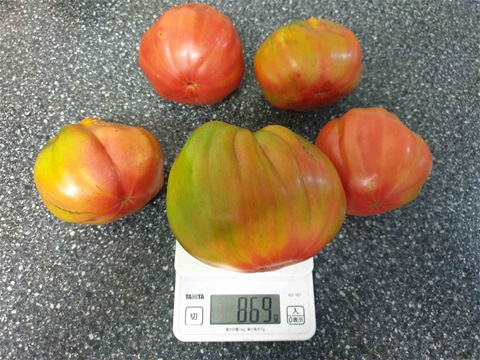Companion Planting
This is a great technique to one keep pests at bay and enhance the production of your garden.
It's as simple as planting different species together, potato and cabbage is a great example.
The potato keeps the cabbage moth away and the cabbage increases the production of the potatoes.
Click here to get to my vegetable companion planting page.
Enjoy, Barry 🙂
Homeopathy and plants
I am doing a trial with Silicea on some of my Desert Rose to see if I can get them to flower earlier than the control group.
http://www.centerforhomeopathy.com/blog/treating-plants-with-homeopathy
Kiwifruit Growers receive environmental award
Three New Zealanders saving money with backyard gardening
Click link below for a great article on home grown vegetables and the cost benefits
Fish the Family Dish!
Liquid fish fertiliser is hands down the most important tool in your arsenal against pests.
A regular foliar feed on the plant leaves a film of oil on your plant making them unattractive to bugs and nasties.
A cost-effective safe alternative to insecticides.
Cheers,
Barry
Organic Sustainable Blog
Northland School puts spare land to good use.
http://thisnzlife.co.nz/small-country-school-turning-profit-land/

Latest comments
I want to fertilise my desert roses, what brand fertiliser do I use?😊
For long term residual control use regular liquid fish fertiliser as a foliar spray, another method if your plant is an ornamental is a soil drench with Neem Oil. Cheers, Barry
Christina, I find the best preventative is regular liquid fish fertilizer or if your plant is an ornamental a soil drench with Neem Oil is a great long term residual method. Cheers, Barry
Hi Christina, There are two ways of getting rid of the carcasses, wipe them off with either a damp cloth or paper towel or just wash them off with your garden hose. Cheers Barry